Sport
Dollar
38,0994
0.17 %Euro
43,2145
0 %Gram Gold
3.941,4600
0.38 %Quarter Gold
6.503,4000
0.52 %Silver
39,5000
-0.2 %India's Prime Minister has never condemned Russia's war in Ukraine. Now under pressure from the West, all eyes are on Modi's visit to Kiev this week to see if he can keep up his balancing act.
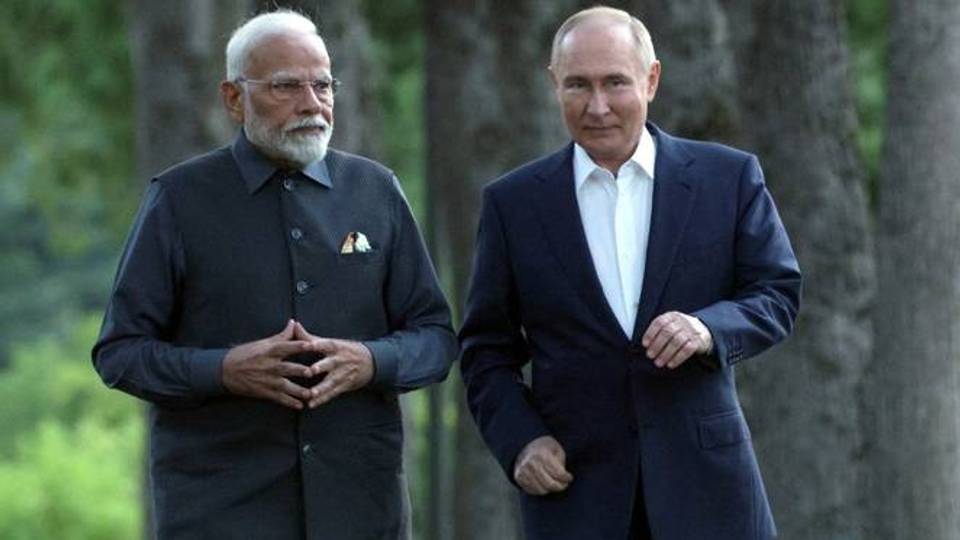
By Hannan Hussain
Ever since the Russia-Ukraine war began, India has sought to delicately balance its economic and military ties with Moscow without risking serious opposition from Kiev and its Western backers.
Indian Prime Minister Narendra Modi made his first trip to Russia since the onset of the war last July, and is visiting Ukraine this week – the first such trip by an Indian premier in decades.
But can India deliver on its balancing act? And what obstacles does it face?
The timing of Modi's Ukraine visit, and fears of widening friction with the West, suggest a difficult path ahead.
Managing optics
As India deepens its energy and economic partnership with Moscow, it is clear that criticism from Ukraine and the West can no longer take a backseat.
After all, Modi's visit to Ukraine is an attempt to manage unfavourable optics from his two-day visit to Moscow in July, which President Volodymyr Zelenskyy criticised as a "huge disappointment and a devastating blow to peace efforts."
Ukraine isn't alone in pressuring India. Washington also wants New Delhi to leverage its deepening ties with Russia to help end the war.
This would be a high-cost strategy for India, which has not condemned Russia's war in Ukraine. If it sticks its neck out for peace negotiations, it must convince Russian President Vladimir Putin to talk to Zelensky despite Ukraine's growing incursions into Russia's Kursk region.
India has thus far refused to navigate between Russia's territorial red lines and those that Ukraine, and the West, consider as their basis for any enduring peace deal to end the war.
Look to the Ukraine Summit in June. India declined to endorse Western demands for Ukraine's "territorial integrity" in any peace settlement to end the war.
And yet, Modi is preparing to project India's neutrality in Kiev, an act that would demand more than just peace and diplomacy rhetoric to appease the West. New Delhi has made no secret of declining to serve in a mediator role during the trip, and it lacks alternative paths to curry favour with Ukraine.
Other options
Consider bilateral interests. India can drive up multi sector cooperation with Ukraine across agriculture, infrastructure, health, education, defence and economy, but its contribution to a negotiated settlement could still remain uncertain.
This is important because Modi is promising to extend any possible support for peace in Kiev, and is set to hold in-depth discussions on the war in Ukraine. But it is a fact that Ukraine's current security interests figure low on India's agenda, and it cannot afford to lose the goodwill of its time-tested strategic partner, Russia.

The war's current dynamics put India's constraints in context. There is heightened suspicion in Moscow that Western intelligence facilitated Ukraine's recent invasion into Kursk, prompting threats of a "global war" if US support for Ukrainian attacks persisted.
As the trust deficit between Washington and Moscow intensifies, India faces the tough task of walking a tightrope between two of its key strategic partners.
Interestingly, economic and military interests suggest India has made its choice. Multisector cooperation between Russia and India has deepened significantly since early 2022. Today, Russia accounts for over 40 percent of Indian oil purchases and 60 percent of its armaments.
Part of India's economic success has been driven by its diplomatic tightrope walk: it made sure not to take steps that antagonised Russia, while signalling to the West that Russian oil and arms were strategic necessities for New Delhi.
Patience is wearing thin within the Biden administration. It has already warned India not to take US friendship "for granted,
That approach could meet new limits in Kiev because patience is wearing thin within the Biden administration. It has already warned India not to take US friendship "for granted."
Cannot alienate the West
India has good reasons to convince Washington that it is serious about balancing Ukraine-Russia ties.
First, it must signal a tougher stance against the war's humanitarian consequences. India's perceived silence over a rising death toll in Ukraine last July raised frustrations within the Biden administration that its principal strategic partner was undermining Western support for Kiev.
Modi must dispel that impression through his visit this week, and his pledge to "share perspectives on peaceful resolution of the ongoing Ukraine conflict" could be a step in that direction.
India also counts on Western support for alliances and partnerships such as the Quadrilateral Security Dialogue (QUAD) and the US-backed Indo-Pacific Strategy.
These partnerships are critical to India's pursuit of energy security and economic links in the Asia-Pacific, and New Delhi is keen to position itself as a dependable net security provider for Western allies in the Indo-Pacific.
But those ambitions put additional strain on India's balancing act. Russia has signalled its discomfort towards Quad in the past, claiming that the United States and its allies were drawing in more states based on "anti-Russian or anti-Chinese principles."
This presents a complicated scenario for India, which pursues a multi-vector foreign policy and refuses to be seen as part of any anti-Western or anti-Russian camp.
Thus, Modi's principal goal with this week's visit will be to avoid a binary choice between Ukraine and Russia while keeping the favour of the West. And yet, rising tensions between Russia and the West complicate India's balancing act, making it a high-stakes mission for Modi to manage optics in Kiev.
The author, Hannan Hussain is an international affairs specialist and author. He was a Fulbright Scholar of international security at the University of Maryland, and has consulted for the New Lines Institute for Strategy and Policy in Washington. Hussain's work has been published by the Carnegie Endowment for International Peace, Georgetown Journal of International Affairs, and the Express Tribune (partner of the International New York Times).
Disclaimer: The views expressed by the author do not necessarily reflect the opinions, viewpoints and editorial policies of TRT Afrika.
➤ Click here to follow our WhatsApp channel for more stories.
Comments
No comments Yet








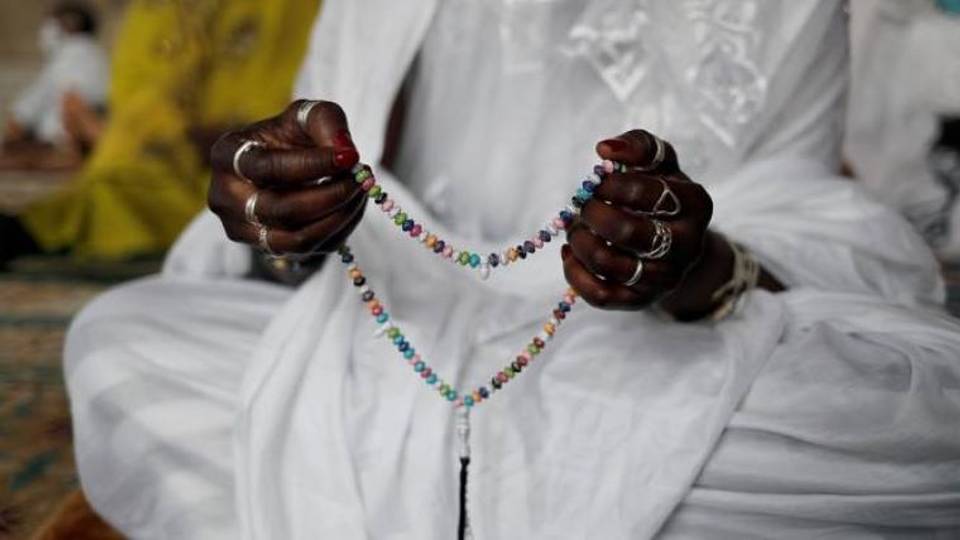
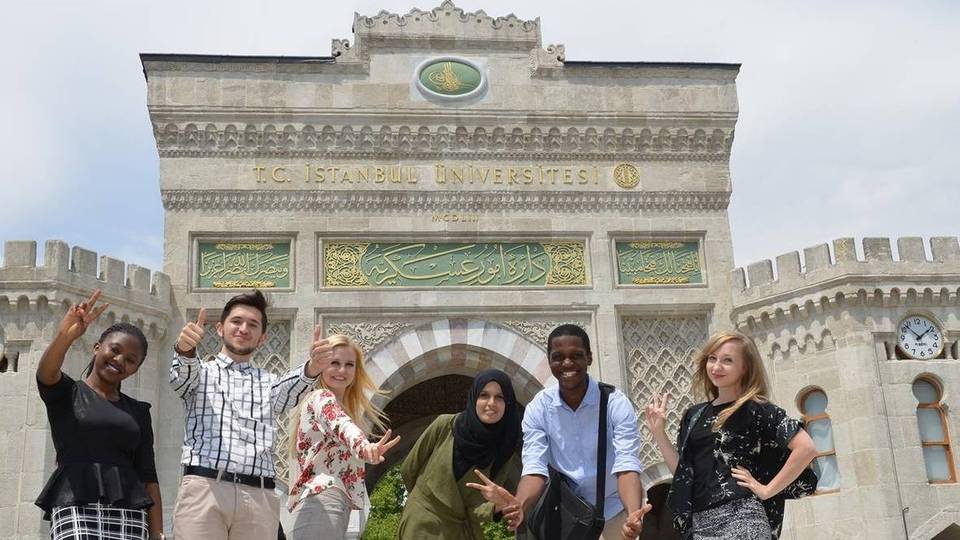
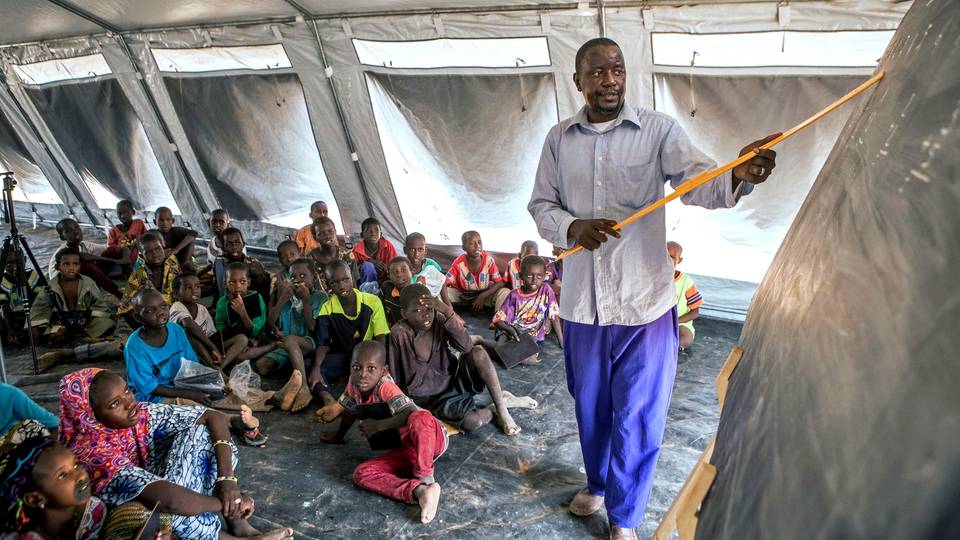
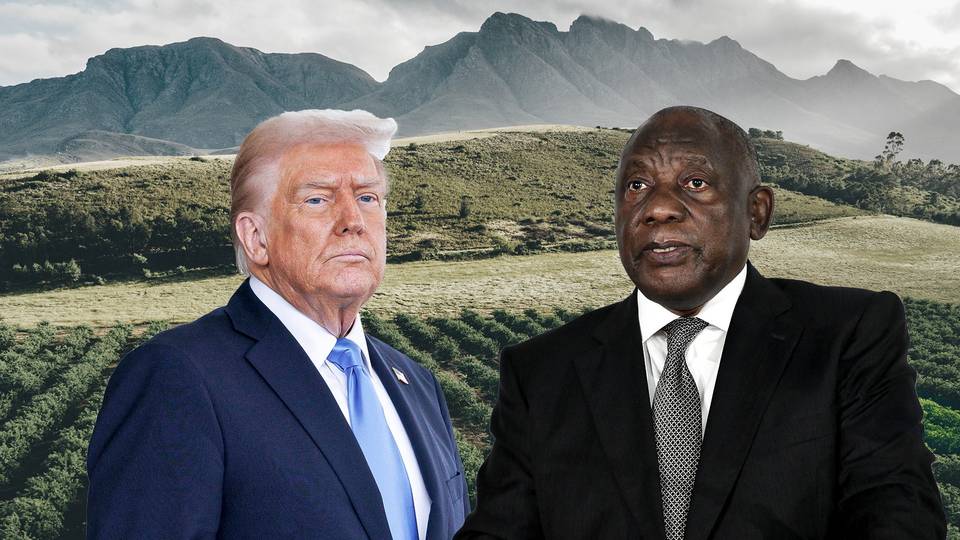








Comment